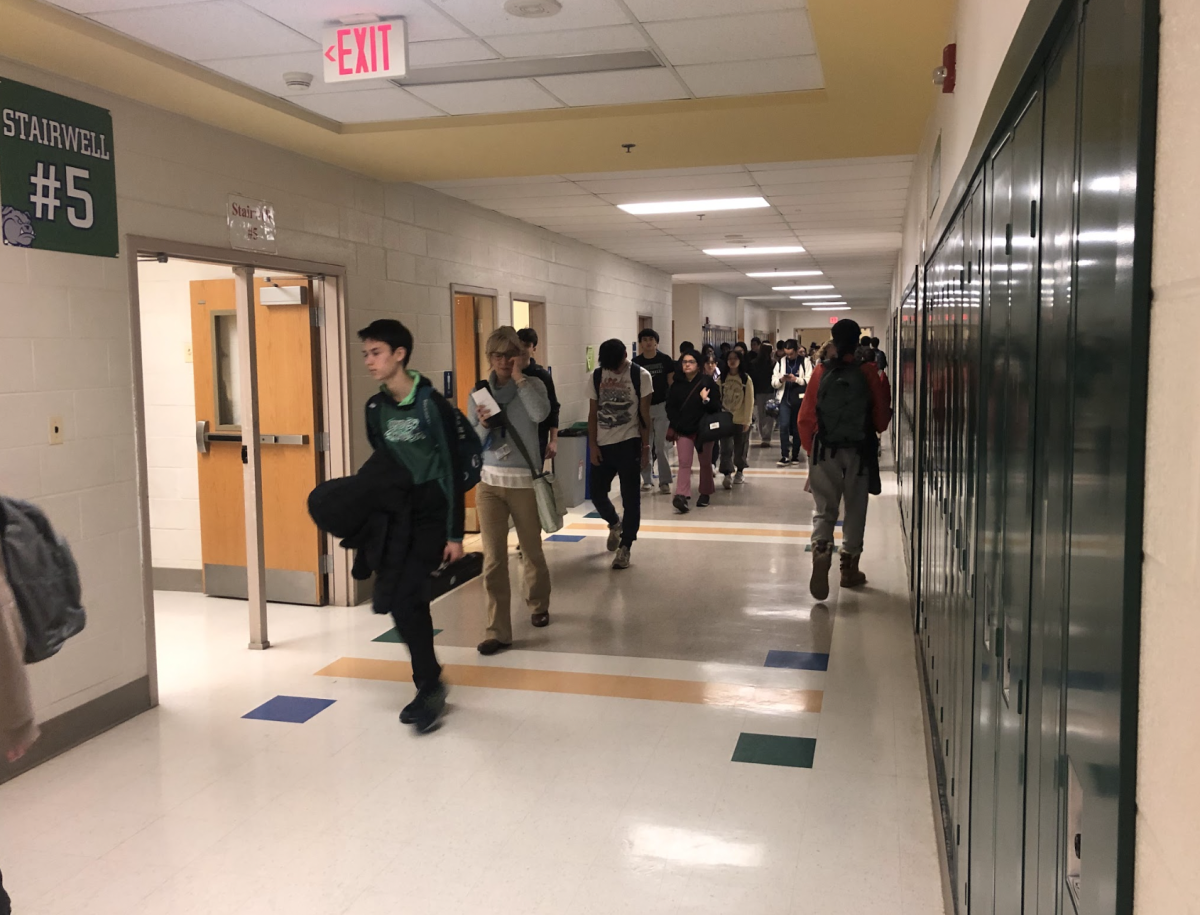In the past, the United States has seen numerous domestic demonstrations, such as the 1963 March on Washington for Jobs and Freedom, which was organized by African American religious, civil rights and labor organizations and gained momentum solely through word of mouth and the spread of print publications. In the last decade, however, the organization of protests has shifted away from the standard word of mouth and toward something much more technologically savvy. With Twitter, Facebook and other social media outlets readily accessible, protestors have turned to the Internet to organize.
In recent demonstrations, especially those in the Middle East, governments have attempted to censor their own domestic media and the information that is spread across the Internet. This happened recently in Egypt and again in Iran Feb. 14.
In a statement issued Feb. 4, secretary of state Hillary Clinton said that the U.S. government condemns attacks on freedom of expression and called on the Egyptian government to ensure journalists’ ability to report on the ongoing events in Egypt.
Following mass opposition against President Hosni Mubarak’s government, Egyptian state officials chose to cut off Internet service, not just social-networking, completely Jan. 28, an unprecedented decision that received much opposition from foreign powers.
In a speech before the United Nations September 2010, President Obama promised to promote the creation of more tools to allow people in repressive societies to connect. According to Obama, the United States supports free and open Internet use to allow users to access all information and make decisions on their own.
According to a Feb. 7 CNN report, the U.S. Military has many options that allow it to force Internet connectivity against a ruler, like Mubarak, who attempts to limit the spread of media.
Since the expansion of media and the Internet, many protests are broadcasted globally and thus attract global attention to the people’s plight and the government’s response. When the death toll increases or a government is found to be oppressively ending the protests, the global media and other governments are quickly informed. Though a country may prevent its own state media from broadcasting the protests, cell phone videos, such as those that surfaced during Iran’s 2009 disputed election, raise a great deal of international attention once broadcasted and cannot always be shut down by oppressive governments. In fact, following the protests in Iran, the U.S. government asked Twitter and YouTube to remain open as a means for mass organization.
Though it may be a struggle, many countries including China maintain continual censorship over their citizens’ access to social networking sites to prevent the possibility of mass demonstrations. In order to do this, many companies like Google, Yahoo, and Cisco Systems filter their technologies in a way that is deemed acceptable by these governments. Egypt protestors were successful in overthrowing Mubarak’s 30-year regime Feb. 11, despite the government’s attempt to blockade the media. The spread of revolutionary media and the success of the Egyptian protestors prompted mass demonstrations in numerous countries including Iran, where two civilians were killed Feb. 14.
The rise of mass media and the Internet have not only prompted mass demonstrations in multiple countries, but have also allowed for greater foreign involvement in a country’s domestic affairs. Today, person-to-person connections across the globe allow for citizens to aid each other in the fight for democracy. As the situations in Iran, Libya, Bahrain and numerous other North African and Middle Eastern countries unfold, citizens in these countries look to their counterparts in Egypt through social networking and media for inspiration in their fight for self-rule.
Categories:
Use of social media leads to Egyptian Revolution
March 1, 2011
Story continues below advertisement
0
More to Discover







